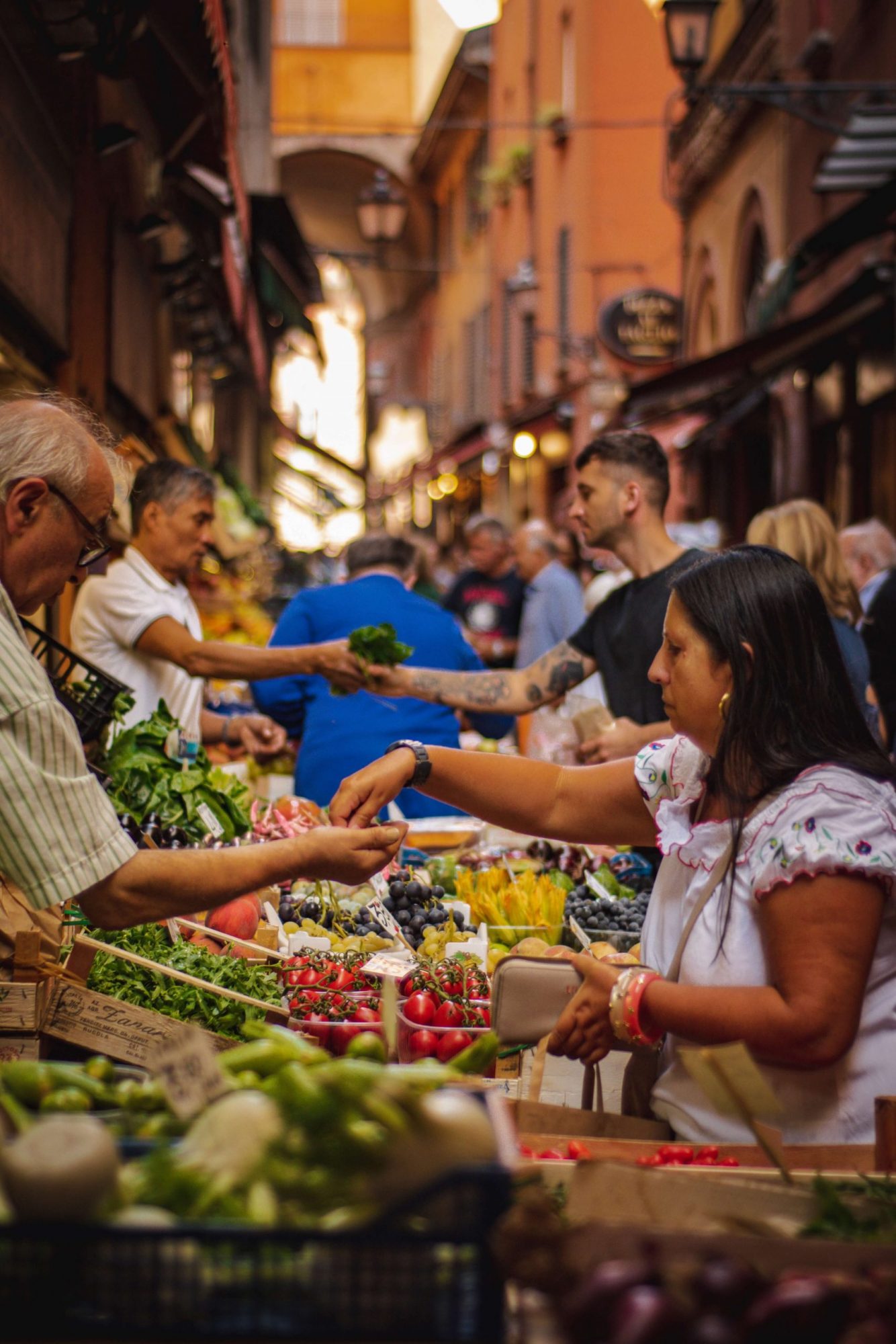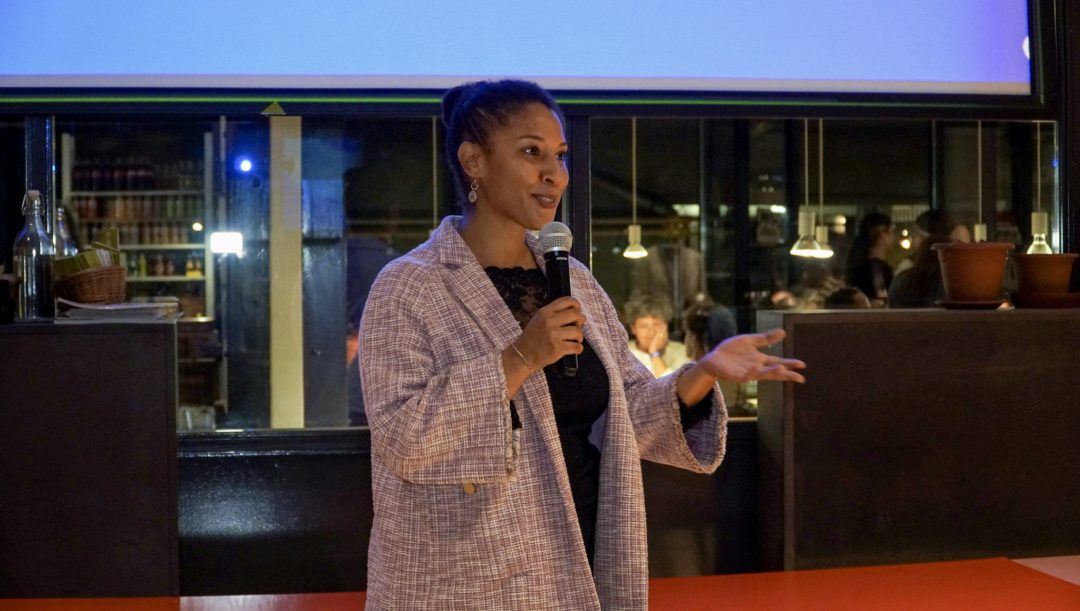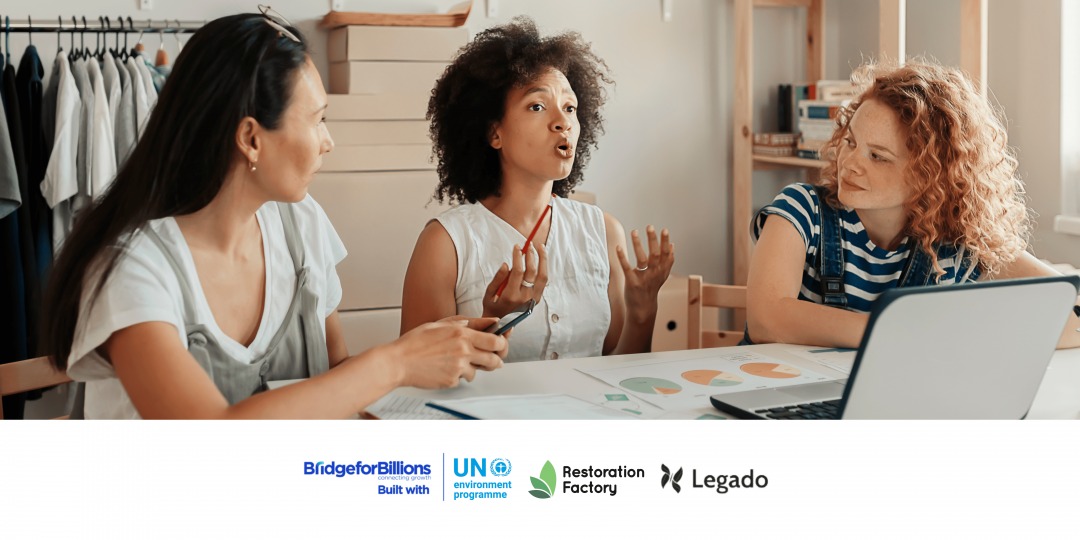What’s up with FoodTech (and Covid-19)?
Let’s have a conversation about FoodTech. Covid-19 has accelerated innovation in the food industry and it’s safe to say that FoodTech startups are at the forefront of the change.
The growth of the industry even during a global pandemic just can’t be ignored. In fact, according to Deloitte, revenue from the global Food Market is projected to reach US$7,488,160 by the end of 2020 and is expected to grow annually by 3.6% in the coming 5 years.
But what’s new? Well, according to Deloitte, Covid-19 has sped up the growth of a few new trends in particular. Amongst them, the digitalization of food supply and delivery platforms, collaboration between players at different stages of the supply chain and of course, responsible food production and waste disposal.
We caught up with two Bridge Incubated FoodTech startups: Randi Randi and Merqantis who are at the front and center of the “new normal” of food to learn more about their stories and where the industry is headed.
Local food production and permaculture
Randi Randi
Randi Randi is a platform for the transparent exchange of local products and services in Costa Rica, including food and creole seeds. Their aim is to stimulate the solidarity economy and fair trade, with their online store which allows people to buy products that come from local communities and entrepreneurs.
Their website also provides useful and practical knowledge to help visitors lead a more sustainable and healthy life. As part of this, they’ve already conducted an introductory course to permaculture, in which 25 people from across Costa Rica, Nicaragua and Ecuador participated.
The team believes that solidarity and co-responsibility are essential for the moment in which we live. These are times to get involved in collaborative networks so that both people and organizations that seek to have a positive impact can come together and work together.
The future of FoodTech Co-founder Fabian’s perspective
About the future of food tech and supply chains, Co-founder of Randi Randi Fabian Víquez says that “Local consumption movements, sustainable food production and fair trade are emerging that help to stimulate the local economy.
Thousands of people around the world who try to lead a sustainable life are modifying their consumption patterns, and are looking for healthier and more harmonious alternatives.
We live in times of uncertainty and change, hopefully this is a growing trend and manages to have a positive impact for more people, and there is a greater harmony and connection with nature.
Supply chains will continue to exist, they will continue to impact throughout the chain, from the extraction of raw materials to people’s homes.”
As for Randi Randi, the future’s looking bright. In addition to making progress on their online platform, they’re also building a network of partners to strengthen the ecosystem of sustainable business in Costa Rica.
Digitizing and Automating the Food and Beverage Industry
Merqantis
One of the incredible things about FoodTech is the diversity of ventures within the sector. Like Randi Randi, Merqantis is an online platform but is designed for a completely different market: B2B wholesale.
It is an order management platform which aims to give better tools to food companies to help them trade and manage their stocks in an easier, more efficient way.
Giving an overview of the whole supply chain, users can manage everything in one place. That includes following up on pending operations, making offers, confirming orders and taking payments.
Whilst working in the finance sector with clients in the food and drink industry, the team noticed that companies were missing a single space where they could organize their operations at each stage of the supply chain.
But it didn’t come easy. After creating their first prototype the team decided to take a new direction and start from scratch. It was a brave move since the code is incredibly complex, built to allow online banking on the platform.
What about sustainability?
The Merqantis team are proud to be amongst the FoodTech startups bringing a more sustainable version of the food supply chain to the table. As Co-founder Tiago explains, generally the food and drink is one of the less eco friendly sectors.
For example, many clients travel across the globe just to sign a contract with a new supplier. With Merqantis, they don’t need to do that since everything can be organized on the platform.
The overview of operations the platform provides also allows Merqantis to reduce carbon footprint when transporting products.
Now, instead of one company having a truck to itself for example, the products can be more easily organized to be transported with other companies’ goods going to the same destination, making it a far more environmentally friendly option.
What’s to come for Merqantis?
In the short term, the team want to increase the network of companies they’re engaging with to start generating revenue and develop new features that they already have in their backlog.
As for long term mission, they want to digitize the food industry and really transform the way those companies do business. They hope to play a big role in automations and a new digital way of trading which Covid has accelerated.
Join Us.
If you didn’t know, we’re on a mission to democratize access to entrepreneurship education. We support early-stage entrepreneurs in developing the businesses our society needs through our 3 month, online program, The Leap.
If, like the founders of these FoodTech startups, you want to develop your project with us and join the purpose-driven movement, click here.
We love sharing your stories. If you’re part of the Bridge community and would like to appear on our blog, you can reach us at phoebe@bridgeforbillions.org




